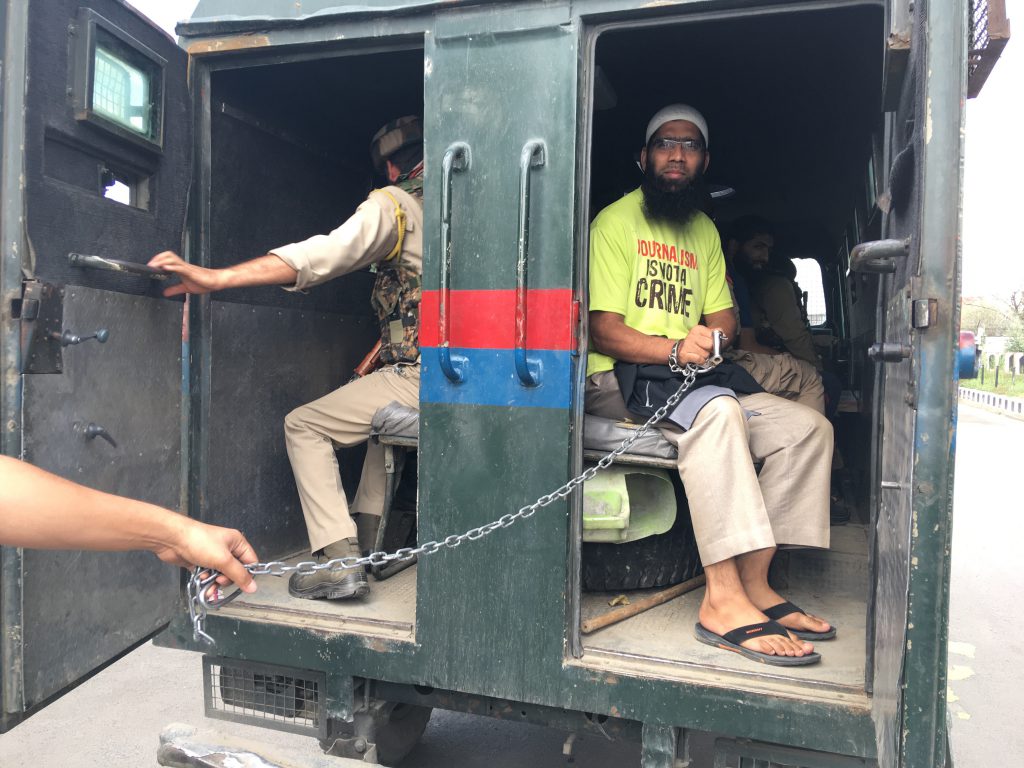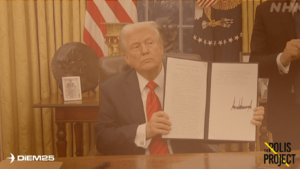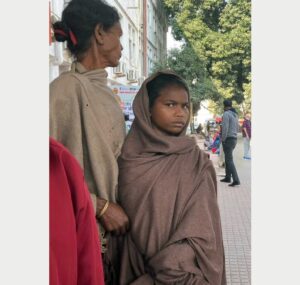
The systematic criminalization of journalism in Kashmir: A profile of Aasif Sultan

“At no time have governments been moralists. They never imprisoned people and executed them for having done something. They imprisoned and executed them to keep them from doing something. They imprisoned all those prisoners of war, of course, not for treason to the motherland […] They imprisoned all of them to keep them from telling their fellow villagers about Europe. What the eye doesn’t see, the heart doesn’t grieve for.”― Aleksandr Solzhenitsyn, The Gulag Archipelago, 1918-1956
A political prisoner is a person who is imprisoned for their belief. Regimes across the globe arrest people for who they are and not for what they have done, thus making the category of the political prisoner into a criminal offense. It is a thought crime: the crime of thinking, acting, speaking, probing, reporting, questioning, demanding rights and, more importantly, exercizing citizenship. It is also a crime of existing in a Black, Brown, Muslim body that can be targeted and punished for who they are, or what they represent.
These inhumane incarcerations do not just target private acts of courage, they are bound together with the fundamental questions of citizenship, and with people’s capacity to hold the State accountable – especially States that are unilaterally and fundamentally remaking their relationship with their people.
The assault on the fundamental rights has been consistent and ongoing at a global level and rights-bearing citizens are transformed into subjects of a surveillance State.
In this transforming landscape, dissent is sedition, and resistance is treason.
A fearful, weak State silences the voice of dissent. Once it has established repression as a response to critique, it has only one way to go: to become a regime of authoritarian terror, a source of dread and fear for its citizens.
How do we live, survive, and respond to this moment?
With Profiles of Dissent, The Polis Project works with individuals and organizations across the world to question and critique the State that has used legal means to crush dissent illegally and eliminate questioning voices.
It also intends to ground the idea that, despite the repression, voices of resistance continue to emerge every day.
AASIF SULTAN Aasif Sultan Sayed is a 33-year-old journalist based in Indian controlled Kashmir. He was born in Srinagar and his father, a gazette officer in hospital administration, wanted him to become a doctor. Pressured by this expectation, Sultan pursued an undergraduate in microbiology from Sri Pratap College, but he had an uncanny talent and passion for writing, which he cultivated during his school and college years. After completing his undergraduate studies, Sultan applied to three postgraduate courses at the University of Kashmir – journalism, library science and microbiology – and was accepted in all three. Torn between his passion for writing and his father’s expectations, he chose to pursue journalism. When he told his family about his choice, his father warned him that journalism was a dangerous career in a conflict area but supported him nonetheless. His father’s warning would follow Sultan till 2018, when he was arrested for…
Related Posts


Donald Trump’s Master Economic Plan I Opinion by Yanis Varoufakis




